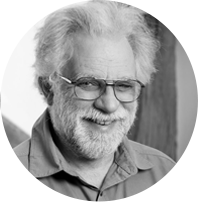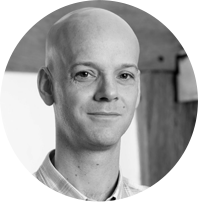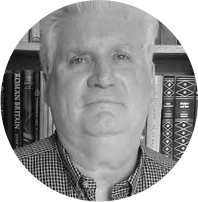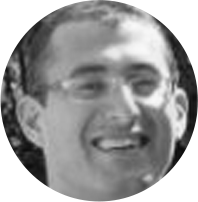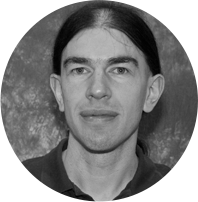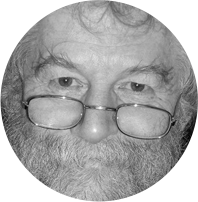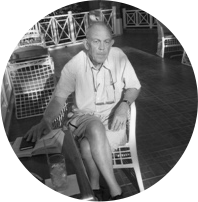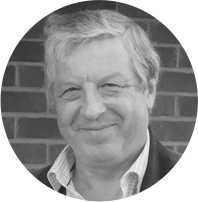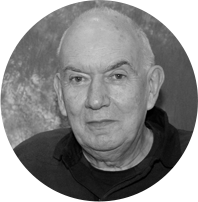Andy Shiers
Dyalog Ltd
John Scholes .. the finest and nicest bloke I’ve ever met .. and one of very few who I’d call a genius.
A genius for developing the language ..
A genius for explaining the language to dummies like me ..
The patience of a saint when dealing with my questions ..
.. and a genius for devilment when the mood was upon him.
I recall sitting in a sauna shooting the breeze with JD when Scholes opens the door, picks up the full bucket of cold water, tips the whole lot on the brazier and leaves. JD and I watched in fascinated horror as the column of heat went up, along, down, back along the bench and then hit our sides .. leaving us feeling like we’d been rubbed raw with sandpaper. Made worse by one of John’s cackles of merriment. The b***d.
Sometimes it backfired on him. At a waterpark in San Antonio he went on a slide .. perhaps 120’ long, depositing you in the pool at the bottom.
“Gentlemen”, announced the young attendant, “ remember to cross your legs”. Scholes being Scholes wasn’t going to play by the rules .. so down he went, legs uncrossed. Splat .. he hit the water at speed. He stood up, white as a sheet, wobbled a bit and announced (loudly) to the world “Christ, I’ve driven my balls up into throat”. Cue much laughter from Pete, JD and me, and much confusion from the young lady standing next to him.
And the postcard from him while skiing in Bulgaria with his sons: “The little bastards can ski faster than me. But not with such style”.
JMS to a “T” .. what a wonderful man !







